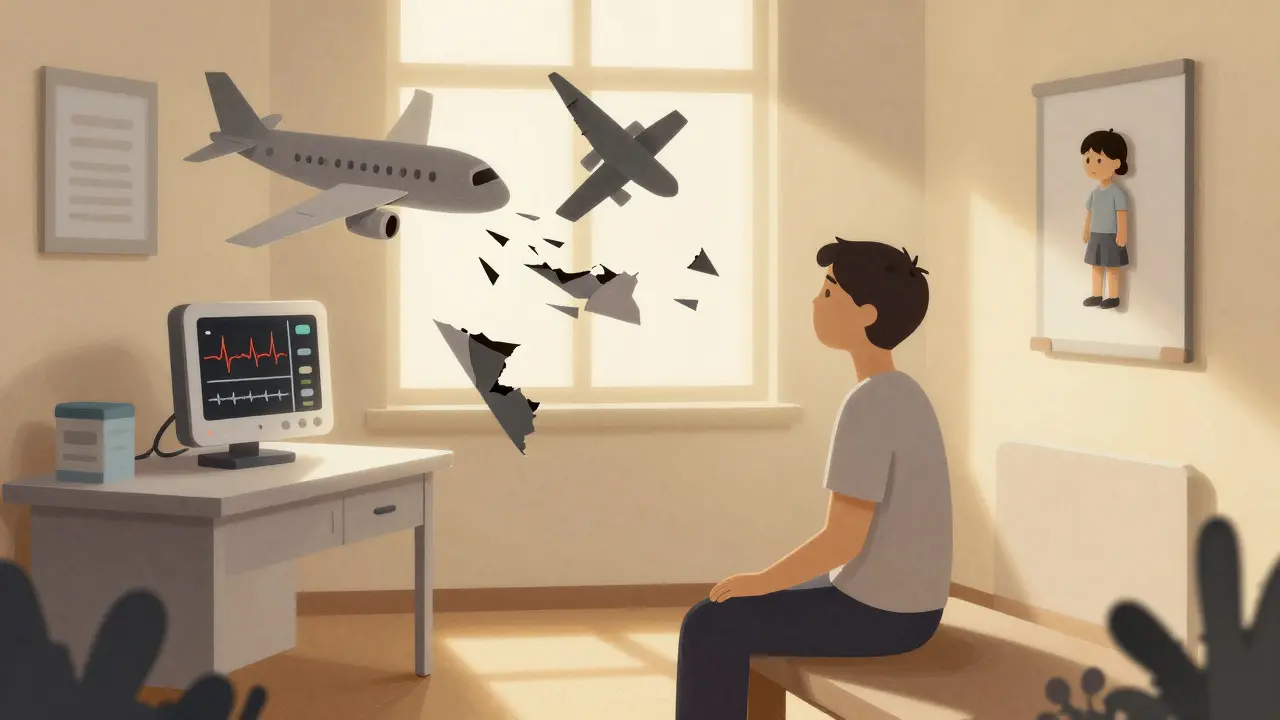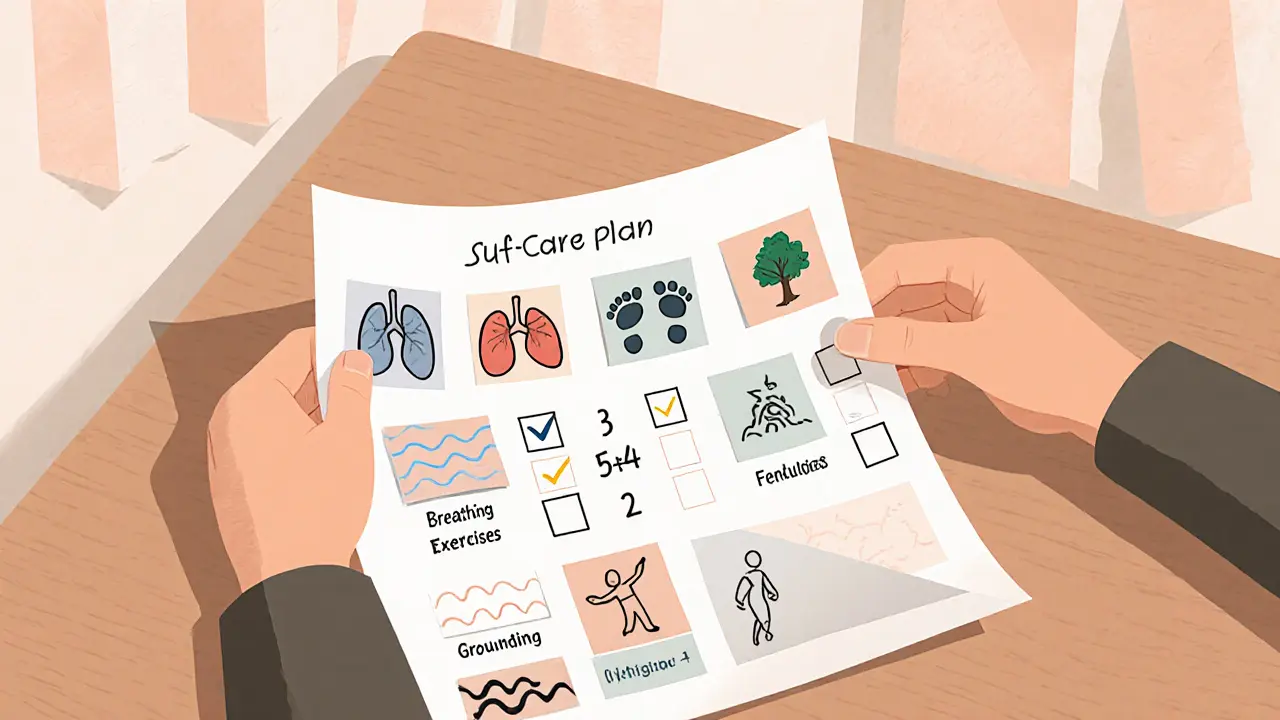Trauma – praktický průvodce pro každého
When talking about trauma, jedná se o emocionální nebo psychické poškození vyvolané silným stresem, úrazem nebo dlouhodobým vyčerpáním. Also known as psychické trauma, it can affect thoughts, feelings and behavior for months or years. Understanding trauma is the first step to healing, because without a clear picture you cannot choose the right tools or specialist.
One of the most common ways to address trauma is through psychoterapie, cílí na zpracování bolestivých vzpomínek a změnu maladaptivních vzorců. Psychoterapie zahrnuje různé přístupy – od kognitivně‑behaviorální terapie po humanistické smýšlení – a každá metoda vyžaduje jiný druh dovedností. If you know that therapy works by creating a safe space where you can talk about the event, you’re more likely to stick with it.
When a traumatic event is recent or overwhelming, krizová intervence, poskytuje okamžitou podporu a stabilizaci postiženému often becomes the first line of help. Crisis teams use short‑term techniky, jako je de‑eskalace a vytvoření krizového plánu, aby snížily riziko dalšího zhoršení. This fast response can prevent trauma from turning into a chronic disorder.
Many people associate trauma with grief, especially after the loss of a loved one. truchlení, je přirozený proces, který pomáhá zpracovat smutek a najít nový smysl, can itself become traumatic if the bereavement is sudden or unsupported. Understanding how grief works lets you recognize when professional help is needed, because prolonged sorrow often hides unresolved trauma.
Among the specialized methods, EMDR (Eye Movement Desensitization and Reprocessing) is often highlighted for its efficiency in treating trauma. The technique uses bilateral stimulation while the patient recalls the distressing memory, which helps the brain re‑integrate the event without intense emotional charge. Studies from Czech clinics show a significant reduction in flashbacks after just a few sessions.
Creative approaches also have a place. Arteterapie offers a non‑verbal way to express what words cannot capture, while Gestalt terapie focuses on the present moment and bodily sensations linked to the trauma. Both methods rely on the therapeutic alliance – the trust between client and therapist – to create a safe container for exploration.
Choosing the right therapist matters. A strong terapeutický vztah predicts better outcomes, because it encourages openness and adherence to the treatment plan. When you look for a specialist, consider their experience with trauma, their preferred modality, and whether you feel heard during the first session. A good fit can turn a daunting recovery journey into a manageable process.
Below you’ll find a curated list of articles that dive deeper into each of these topics – from crisis intervention guidelines to specific trauma‑focused therapies. Whether you’re just starting to understand your own experience or you’re a professional seeking practical tools, the collection offers concrete advice you can apply right away.
Flash-forward v terapii traumatu: Jak pracovat s budoucností a předcházet retraumatizaci
- Zikmund Hrouda
- led, 6 2026
Flash-forward je terapeutická technika EMDR, která pomáhá lidem zpracovat katastrofické představy o budoucnosti bez opakování minulých traumat. Efektivní pro PTSD a fobie, minimalizuje retraumatizaci a dává pocit kontroly nad budoucností.
Dozvědět se vícePéče o sebe při traumatu: Jak vytvořit efektivní plán podpory mezi sezeními
- Zikmund Hrouda
- srp, 13 2025
Naučte se, jak vytvořit a používat plán podpory mezi sezeními při terapii traumatu. Praktické techniky, srovnání přístupů a tipy pro udržení motivace.
Dozvědět se více
